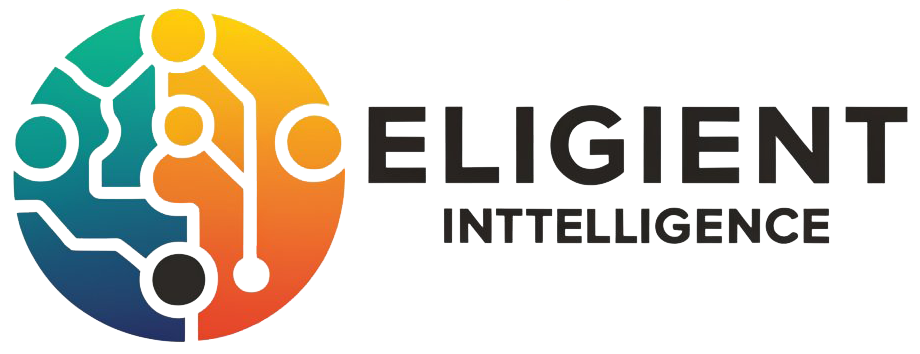In the rapidly evolving landscape of the legal industry, a revolution is underway, marked by the intersection of traditional legal practice and cutting-edge artificial intelligence (AI) technology. This revolution is not about lawyers battling against AI for supremacy but rather about how these two forces are converging to redefine the practice of law. This blog post explores the transformative impact of AI on the legal profession, the opportunities it presents, and the challenges it poses, heralding a new era of legal practice.
The Dawn of AI in Law
The infusion of AI into the legal domain has been both swift and profound. AI technologies, with their ability to process and analyze vast datasets at speeds no human could match, are reshaping how legal work is done. From predictive analytics to document automation, AI is not just augmenting the capabilities of lawyers but also enhancing the accessibility and efficiency of legal services.
Complementary Forces, Not Competitors
The narrative of “Lawyer vs. Artificial Intelligence” is somewhat misleading. Rather than viewing AI as a competitor to lawyers, it’s more accurate to see it as a powerful tool that complements the expertise of legal professionals. AI excels at tasks that involve data processing, pattern recognition, and predictive analytics, while lawyers bring critical thinking, judgment, and the ability to navigate the nuances of human relationships and ethics. Together, they form a formidable partnership that can tackle complex legal challenges with unprecedented efficiency and insight.
Opportunities Unleashed by AI
1. Enhanced Legal Research and Analysis: AI can sift through legal documents and case law at incredible speeds, identifying relevant precedents and legal arguments. This capability not only speeds up the research process but also ensures that no critical information is overlooked.
2. Streamlined Document Review: In areas like due diligence or discovery, AI tools can review thousands of documents quickly, freeing up lawyers to focus on strategic analysis and client interaction.
3. Predictive Legal Outcomes: By analyzing historical data, AI can offer predictions about the outcomes of legal cases, helping lawyers make informed decisions about strategy and advising clients more accurately.
4. Increased Access to Legal Services: AI-driven legal assistance platforms are making basic legal services more accessible and affordable, expanding the reach of legal support to underserved populations.
Navigating the Challenges
With the advent of AI, the legal profession faces several challenges. There’s the ethical dilemma of ensuring that AI systems are free from biases and respect privacy and confidentiality. Lawyers also need to adapt to new workflows and learn to leverage AI tools effectively, a shift that requires ongoing education and training. Additionally, there’s the concern of job displacement, although many experts argue that AI will likely transform legal roles rather than replace them outright.
The Future of Legal Practice
The integration of AI into legal practice promises a more efficient, accurate, and accessible legal system. However, the full realization of this potential requires a collaborative approach, where legal professionals work alongside technologists to guide the development and application of AI in law. It’s not about choosing between lawyers and AI but about how best to harness the strengths of both to serve the cause of justice.
In conclusion, the legal revolution brought about by AI is not a zero-sum game but a transformative journey that can enhance the practice of law in countless ways. As legal professionals and AI technologies continue to evolve together, the future of law looks not only more technologically advanced but also more human-centered, with a greater focus on delivering justice efficiently and equitably. The lawyer and AI, together, are setting the stage for a legal revolution that will redefine what it means to practice law in the 21st century.

